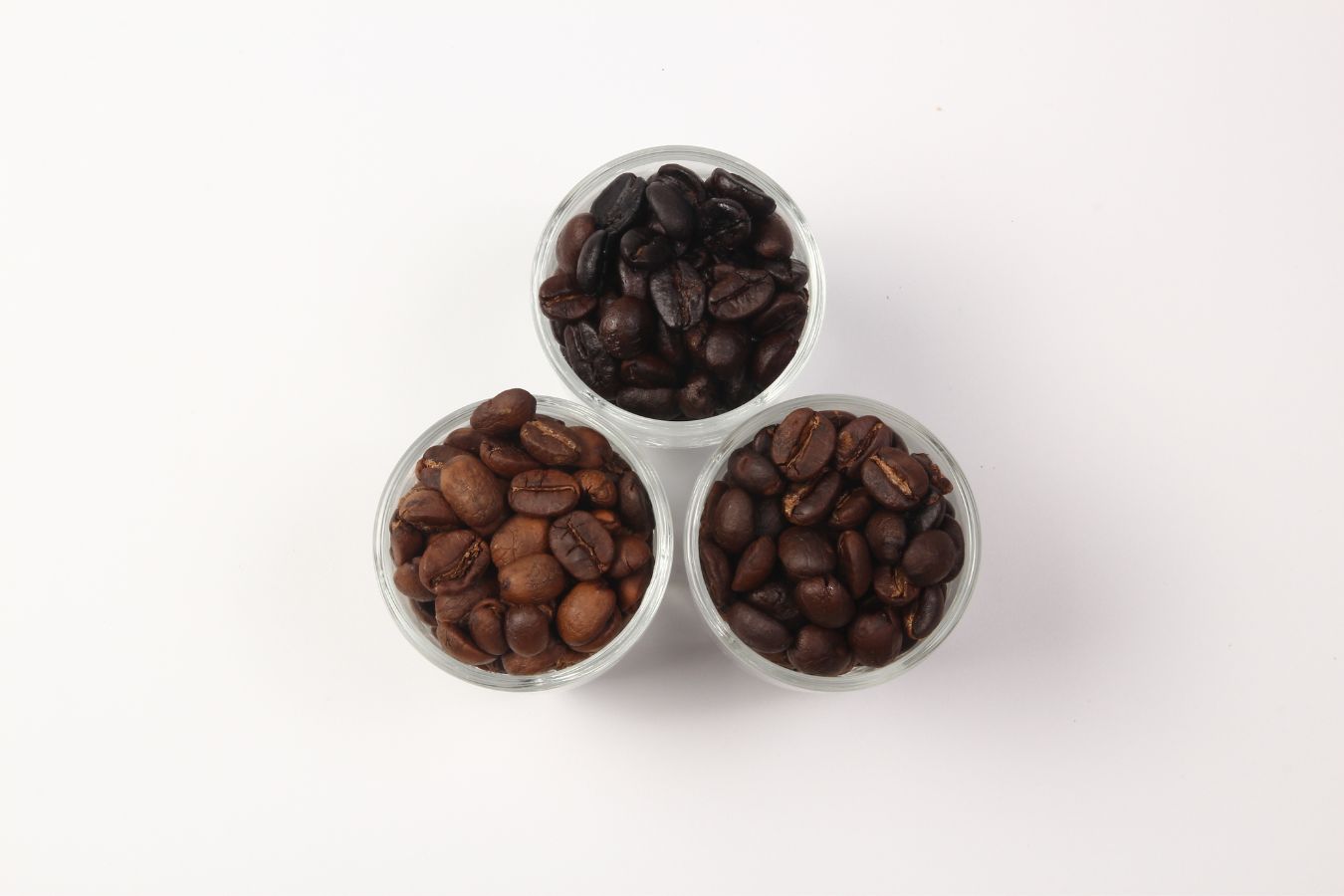
Coffee Freshness: Discover The Freshness Of Coffee: Fresh Coffee or Coffee Freshness has become its own religious system of specialty coffee. But why is it kept fresh so important? Does fresh coffee enhance its inherent quality, consistency, or flavor potential? And more importantly, how do we measure coffee freshness?
Although the title of the article refers to fresh coffee or Fresh-coffee, the focus of this article will be on issues related to coffee freshness – with the term Freshness of coffee.
What is Coffee Freshness?
Since the beginning of the specialty coffee movement, freshness has been one of the central pillars of Specialty Coffee. “Freshness” is defined as when coffee retains its original qualities. Fresh, often understood as coffee that has just been roasted, and ground within a few days, is immediately extracted and consumed.
While there’s no denying the important role of freshness for high-quality coffee, scientific measurements of freshness remain vague – no one knows what it is, “Freshness” is merely a subjective description of one’s perception.
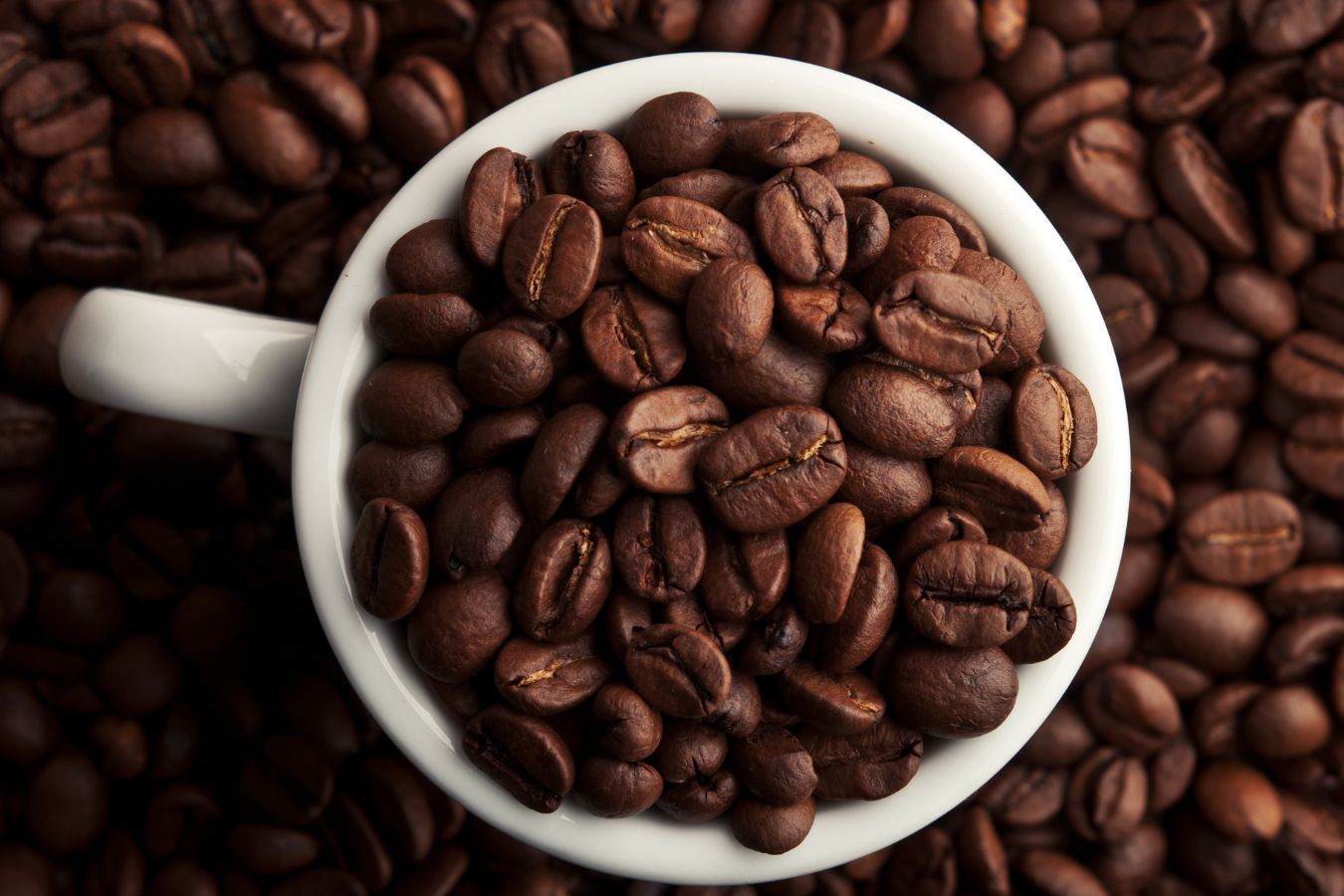
Everyone wants freshness from coffee; even if you grind the coffee and leave it alone for 2 minutes, some people will say that it is not good, you must immediately take away the extract; It has become a religion, especially an espresso- Chahan Yeretzian.
However, coffee is an elusive product – as soon as it is roasted, it has started to grow, change and lose its freshness. The study of coffee freshness focuses on two areas related to changes that occur during storage: chemical changes to coffee scent and physical changes associated with the elimination carbohydrates. Both of these issues interact with each other, making coffee gradually lose its freshness.
Factors that affect the freshness of coffee
First, we’ll approach the theme of fresh coffee, by identifying the factors that degrade coffee including oxygen, humidity, temperature, roasting level — and of course, time.
Researchers at ZHAW* show that oxidation can significantly reduce the shelf life of roasted coffee. For example, simply reducing the oxygen content by 0.5% in a coffee container can increase the shelf life by up to 20 times. Second, since the water lip is conducive to the movement of molecules that will accelerate oxidative reactions, it has been proven that high-humidity environments serve as catalysts for aging in coffee.
One of the characteristic flavors of degraded coffee is rancidity – which is made up of lipid breakdown during oxidation; In roasted Arabica coffee, lipids account for about 15% of dry weight (Illy and Viani 2005) and are easily oxidized even when vacuum packaging – because of the presence of free radicals produced during roasting.
Finally, temperature affects the rate of coffee degeneration both chemically and physically. Chemically, the temperature is correlated with the kinetics of chemical reactions – in other words, with warmer temperatures, all chemical reactions in coffee are accelerated.
Physically, the pressure and diffusion concentration between coffee and the environment are also affected by temperature (when the temperature increases by 10°C the rate of CO excretion is also affected (2 It will increase 1.5 times). On the other hand, temperature not only causes the loss of volatile flavorings but also forms new flavor compounds that cause unwanted flavors in the coffee extract.
Roasting process and freshness of coffee
On the other side, the freshness of coffee is not only determined by limiting the variations after roasting. Counter Culture Coffee, for example, is a roasting company that pioneered the third wave of coffee. For them, the coffee is freshest when and only if it is roasted from fresh kernels.
So the way coffee is picked, processed, dried, stored, and transported has a huge impact on the longevity of green coffee, or in other words, the fresher the green coffee, the higher the advantage of preserving its taste potential.
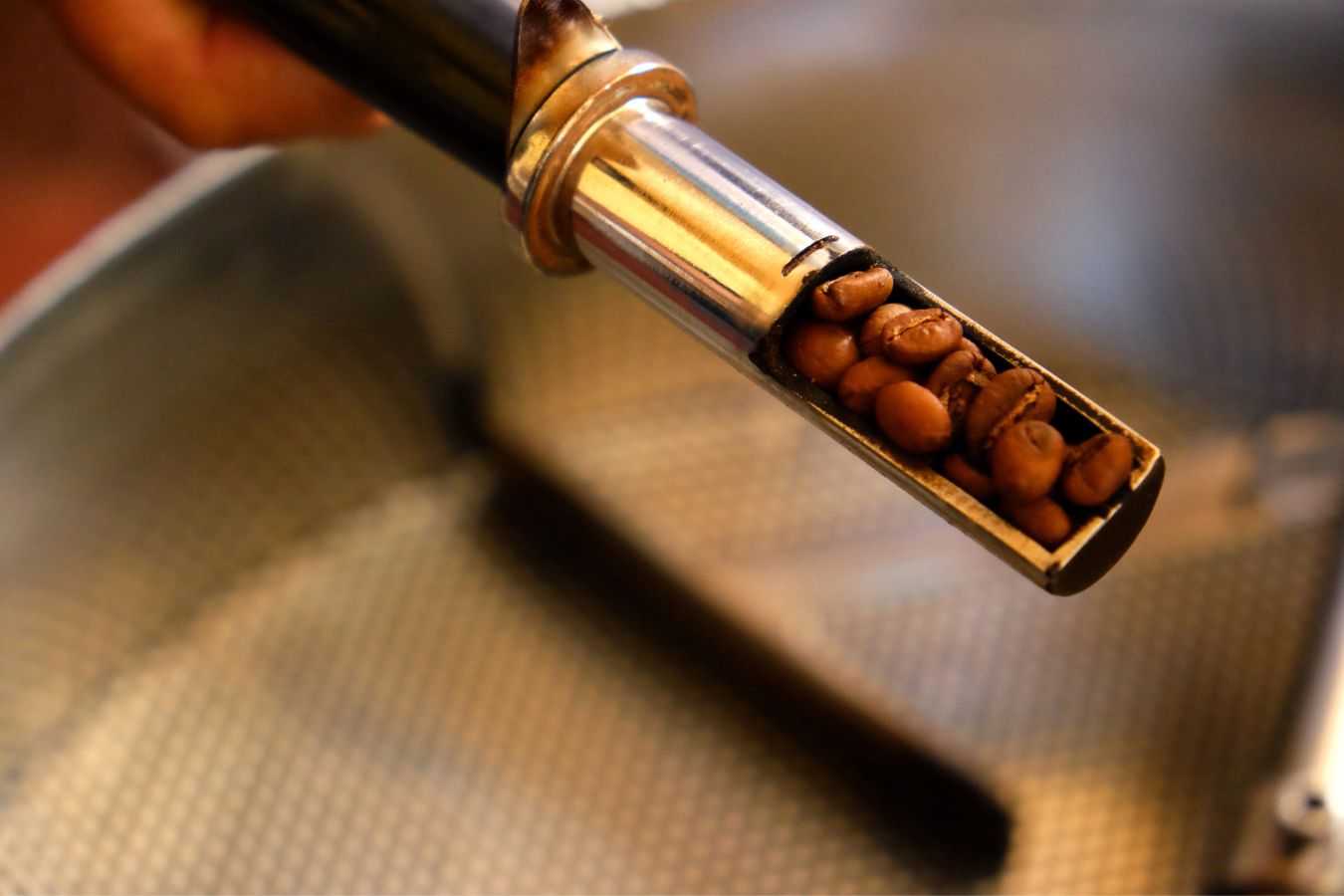
One of the most important aspects of the stability of green coffee over time is limiting humidity to between 9 and 12 percent. This allows unroasted coffee to remain stable and not be negatively affected by moisture, such as mold or porous, soft.
Counter Culture also encourages roasting coffee as soon as possible after it arrives out of the processing station. In most cases that means the coffee will be roasted within four months of proper storage.
Keep your coffee fresh immediately after roasting.
For a start, you can measure the freshness of coffee in two ways, firstly through aroma, which is one of the most important and simple factors – Like bread that has just come out of the oven, freshly roasted coffee is considered the freshest, and in this way, after just one day the coffee has lost its freshness like an old loaf of bread.
Another attribute to consider is the carbon dioxide content produced during and after roasting. For CO2 The problem is more complicated, but, if there is too much CO2 in coffee, the entire extraction process will be limited.
Studies from the SCA have found that the loss of a few volatile aromatics (out of a total of more than 850 aromatic compounds found in coffee) is the main cause of the loss of coffee scent. Typically methanethiol and 2-methyl propanal – give the strongest scent and dissolve two hours after roasting. After eight days of storage, methanethiol drops to about 30% of its original intake (Holscher and Steinhart 1992).
Unlike bread, right after roasting, your coffee is like “a living creature.” It is releasing a lot of gas and constantly growing. So in that first week, the concept of loss of freshness was only in the scent perspective, but in terms of CO2.
You would say it’s growing and not losing its freshness. The general scenario is to use coffee within two to four weeks of roasting to get the best taste – Counter Culture Coffee. In the first week after roasting, coffee only transforms, not degrades – if you preserve it properly – Prof. Chauhan Yeretzian
Ensure the freshness of the coffee in the preparation
How long should coffee be taken before starting to brew?
To answer this problem, we must return to the laboratory, where the field of studying the physical transformations after the roasting of coffee beans focuses on a relatively large amount of Carbon Dioxide released during roasting. Tests from the SCA show that up to 2% of the weight of freshly roasted coffee is the gas trapped inside its porous structure.
At the same time, studies have shown that the faster and deeper the roasting process takes place, the more CO2 is liberated. After the first week, the coffee begins to calm down; At this point, it has lost about 60% of its CO2 therefore, it becomes more ‘calm’ and stable.
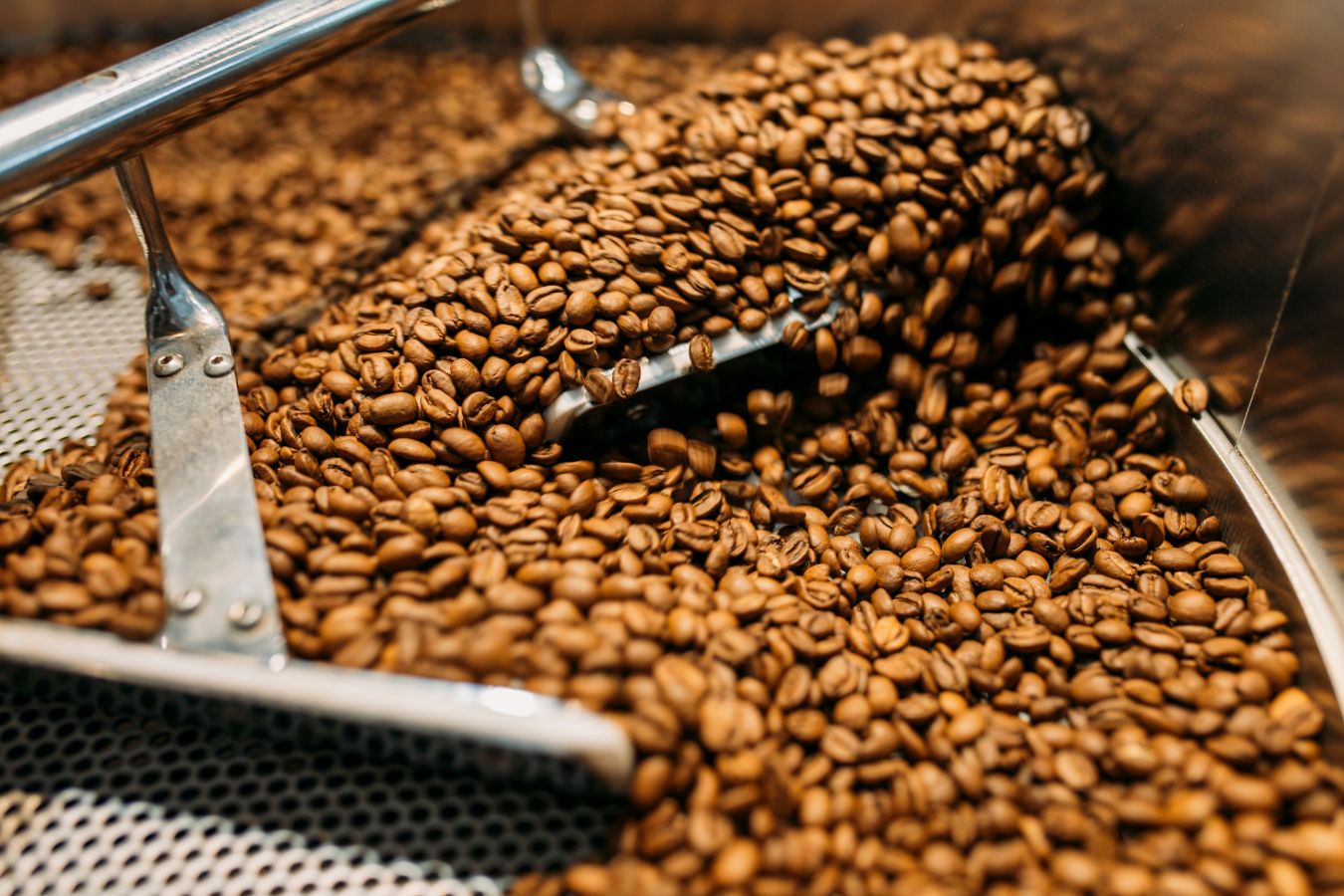
It’s not about how many days you need to wait after roasting, but how many days you should try to balance co-demarcation. 2 with the loss of important aromatics.
On the other hand, in the first week after roasting, the accumulation of Carbon Dioxide in coffee packaging that uses one-way valves will help partially curb oxidation. Because the release of CO2 will push oxygen out of the coffee packaging, at this time the CO2 in coffee packs can reach up to 80% and significantly reduce oxygen content, thereby slowing the variation of scent for a longer period.
In the first week after roasting, coffee only transforms, not degrades – if you preserve it properly – Prof. Chauhan Yeretzian
Should I freeze to keep my coffee fresh?
Studies at ZHAW* show that the lower the temperature, the slower the degradation of coffee beans becomes – although the process does not stop completely. Should we keep our coffee in cold storage?
All the changes that we have mentioned, especially when it comes to scents, will be slowed down by half every 10 degrees drop below room temperature. In other words, at normal temperatures coffee immediately after roasting can ensure freshness of one to four weeks theoretically, and from three months to a year if stored at – 25 degrees C.
However, you should not freeze coffee because negative temperatures can change the structure and make the seeds crack. But the real problem that you need to consider is when freezing or cooling coffee.
It is that you take the coffee out of the refrigerator and open the packaging, putting it in warmer &humid air that will result in the condensation of steam on the coffee and a negative impact on the scent and grain structure. So, the damage that occurs when you open a cold coffee bag will be more than the benefit gained from slowing down the deterioration process when storing cold.
Any benefit from refrigeration is negated by condensation – Unless you just open the coffee bag and brew it right in cold storage. – Prof. Chahan Yeretzian
Make coffee, immediately after grinding.
If you look at the coffee bean with an electron microscope, you can see that it is extremely porous. That’s why we can extract so many soluble substances from coffee just by letting hot water pass through it.
However, a coffee bean is similar to a fortified fortress, the area of direct contact with the air is very small compared to the entire internal structure. When you grind the coffee, you create countless small pieces of debris with a surface area much larger than its mass, which will interact with air molecules faster and lose its freshness exponentially.
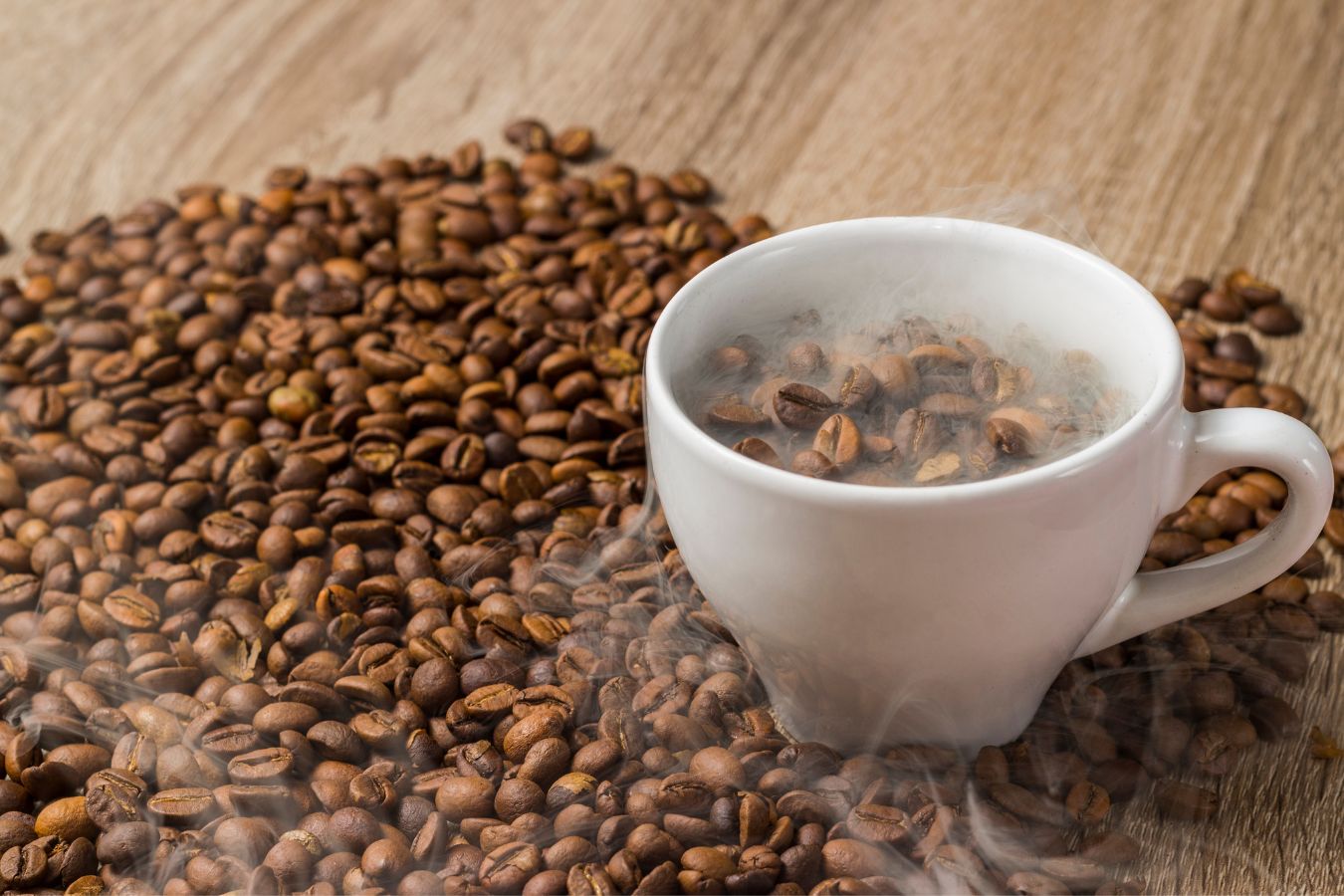
For Espresso, like the only child of specialty coffee, freshness can be adhered to as a religion; Hold the coffee for a week before brewing, and immediately after grinding, start extracting. The whole island says the freshness of the coffee is just that. However, other beverages, especially cold brews, and nitro brews will allow you to be more creative and accept coffee “aging” under environmental impact.
After all, freshness is still a relative, much-needed element but always allows for flexibility and creativity; Since we don’t know whether grinding 30 minutes or an hour before brewing, makes a better cup of coffee, we have the right to go against the concept of absolute freshness, because “less fresh” extracted coffee can reveal unique flavor configurations that we’ve never seen when strictly adhering to freshness.
Source:
(*) The article outlines some key insights from the SCA Handbook with the theme Understanding & Preserving the Freshness of Coffee, including studies in collaboration with the SCA Roasting Association and the Center for Physiological Analysis at the Zurich University of Applied Sciences (ZHAW) chaired by Professor Chahan Yeretzian.
- www.counterculturecoffee.com/ Coffee Basics: Exploring Freshness – How do you keep coffee fresh?
- www.scans.coffee/ Preserving Freshness: A Race Against Time – 25 Magazine: Issue 4
- www.sprudge.com/ 5 Incredible Myths Of Coffee Freshness, Revealed